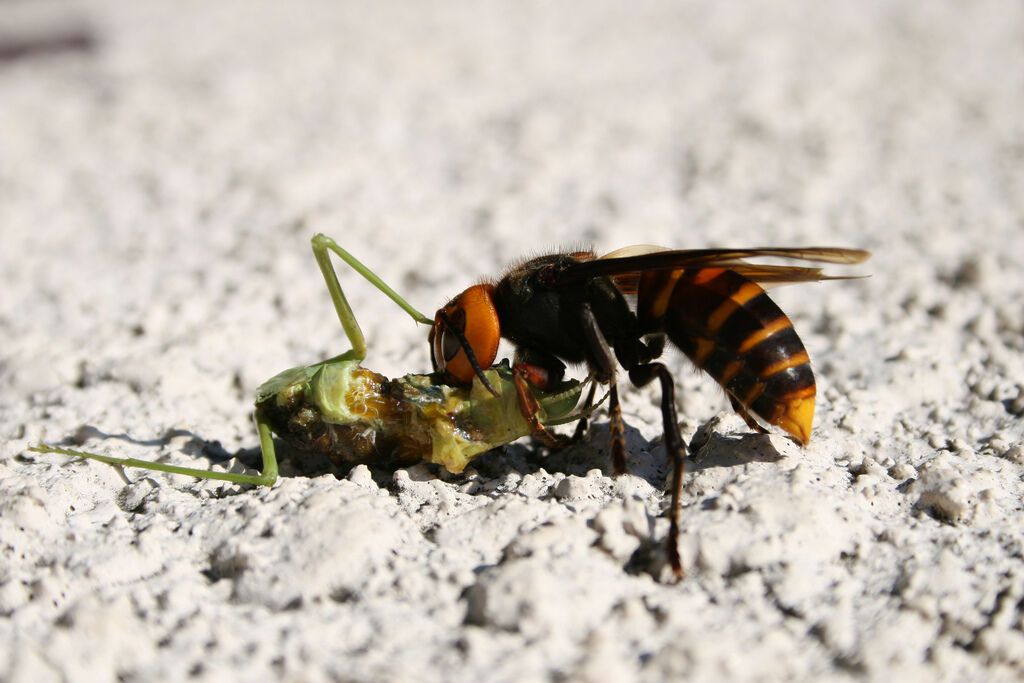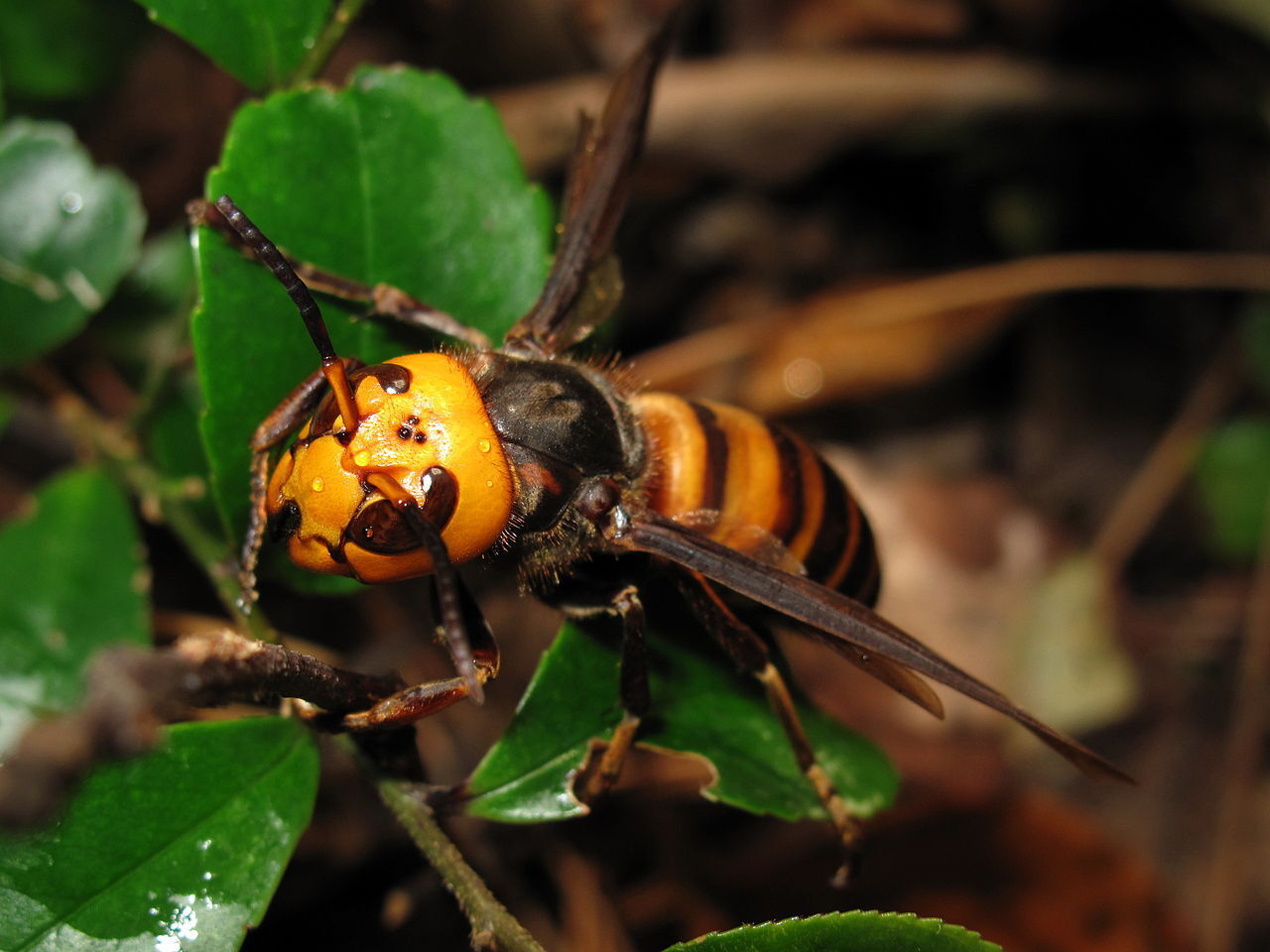News
Giant hornets from Asia spotted in Europe for the first time: what they look like and how they threaten people
Giant hornets were first spotted in Europe. This southern species (Vespa soror) is common in a wide part of tropical Asia, but four such huge insects, which are more than 3 centimeters long, were found in Spain.
The discovery is causing "a bit of alarm" among scientists. After all, if these huge aliens manage to create populations on the European continent, they can threaten people, honey bees, and even animals, ScienceNews writes.
Phil Lester, an entomologist at Victoria University of Wellington in New Zealand, said that the discovery of southern giant hornets in Europe is "a little alarming." After all, they attack other insects and even small vertebrates such as geckos.
"Vespa soror is a known aggressive bee-eater. It will attack a lot of insects. So, if it gets a foothold here and reproduces, it could be a real problem," the scientist warns.
In early 2022, beekeepers in northern Spain reported unusual yellow-headed wasps they had seen to Omar Sanchez, a zoologist at the University of Oviedo, and his colleagues. Believing that these insects might be a rare color variant or hornets unusual for the region, the researchers set up traps to catch them.
In March 2022 and October 2023, they caught these four giant insects. The team of scientists compared their DNA and physical features with known species. The genes of the test insects proved that they are southern giant hornets.
It is known that Vespa soror is one of the largest known hornets, with adults reaching more than 3 centimeters in length. According to experts, they have been identified outside of Asia only once before – in Canada in 2019.
Scientists suspect that the hornets were introduced to Europe in hibernation during the transportation of various products to the region.
It is unclear whether these giant insects have established themselves in Spain. But the fact that the hornets were caught a second time in 2023 could mean that at least one young queen reared in 2022 survived to establish a new colony, the researchers suggest.
Similar to its northern cousins, V. soror is notorious for killing honey bees in hives, making its introduction a threat to the beekeeping industry in Europe, experts say. "This is an insect whose bite can be very painful and long-lasting for humans," Sanchez said.
Scientists are now looking for colonies of these dangerous insects, as time is of the essence in this case. Omar Sanchez added that it is necessary to immediately find the colonies of southern hornets and "try to kill them."
Only verified information is available on the OBOZ.UA Telegram channel and Viber. Do not fall for fakes!





























